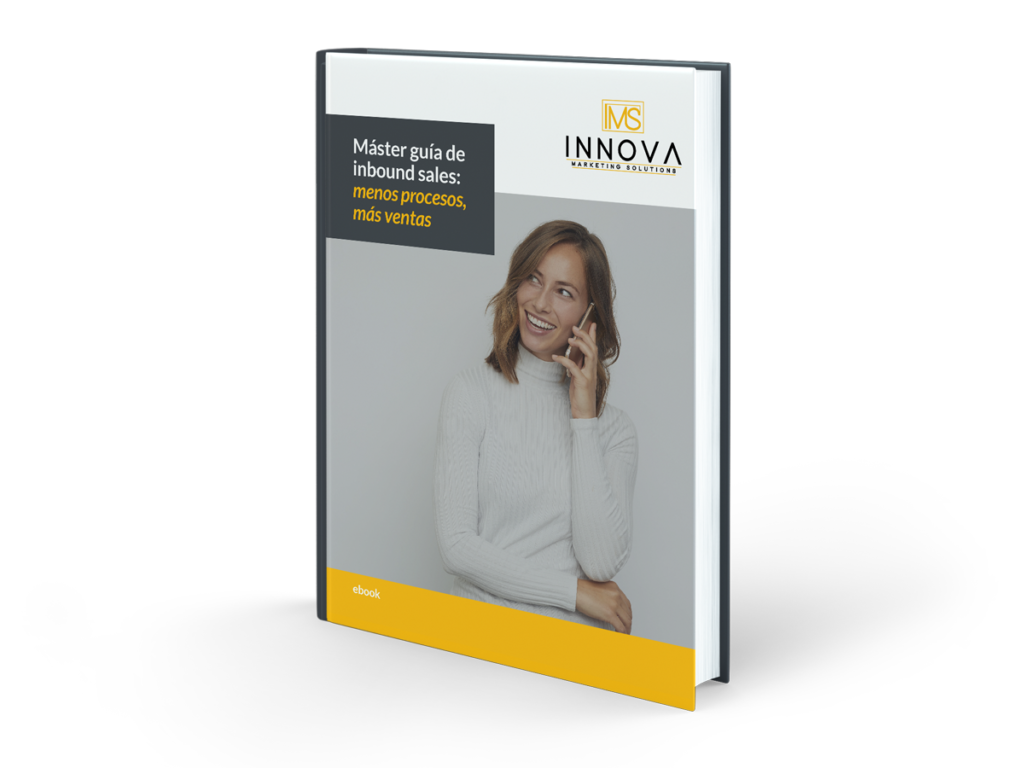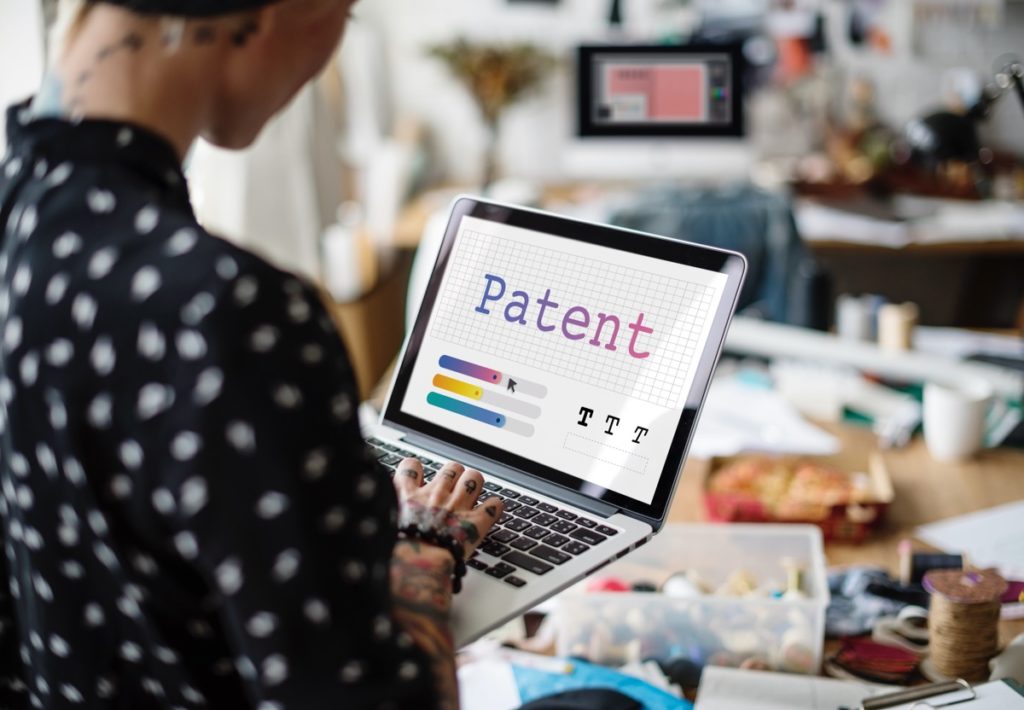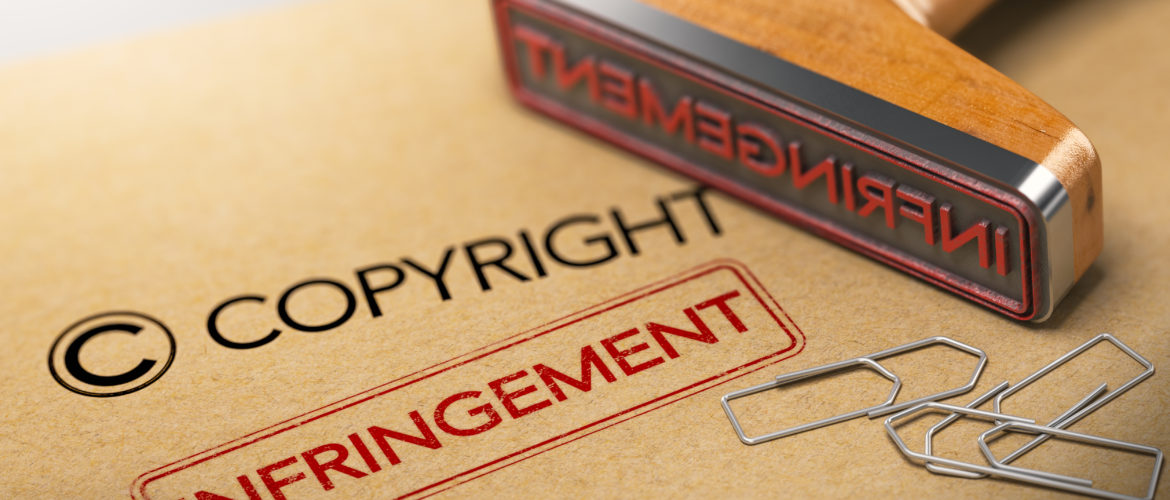Reading time: 4 minutes
It is common to think that in order for a company or person to enjoy the copyright it is necessary to make a formal registration of each of the pieces created in their name, but the truth is that the process is much simpler than that.
According to the U.S. Copyright Office, copyright is a "type of intellectual property that protects original works of authorship as soon as the author fixes the work in a tangible form of expression".
In the digital age, companies create and share content on an ongoing basis. But the fact of publishing your content on the Internet is not an open pass for duplication and reproduction of this material.
Copyright law is created to encourage ingenuity and intelligent creativity, according to Rights Direct. The idea is to grant a form of ownership of the creative aspects of original works to the people and companies that create them.
That is, once your company owns photographs, illustrations, computer programs, software codes, books, blog articles, designs, architectural works, among others; it automatically becomes the owner of your intellectual property. Also all material created by collaborators.
"We want others to respect our intellectual property, so we have to respect others'."
- Jennifer T. Mills, Senior Intellectual Property Counselor
What rights does your company have over its intellectual property?
Your company will have the following rights to your original material:
- Reproduce copies of the original work
- Create derivative content from the original work.
- Distribute copies of the work to the public by sale, rental, lending or other transfer of ownership.
- Represent, perform, and publicly display the work.
These rights are exclusive to your company from the date of creation until more than 70 years after the author's death.
Master's guide to inbound sales:
less processes, more sales

Is it necessary to register the content produced by the company in order for it to be copyrighted?

The short answer is no, but let's dig a little deeper.
Once the work is fixed by your company: a logo, a website, a blog article, an ebook, a course; it will already be protected by copyright. But your company can increase this protection, if it wishes.
The registration of a work will be necessary in case you want to enforce your copyright in case of litigation. In this way, you will be able to request monetary compensation for damages, by means of a lawsuit.
Another way to protect your company's intellectual property is through patents and trademarks. These are considered separately from copyright eligibility. For example, patents are managed by the government and protect inventions or discoveries; and trademark registration protects words, names and symbols used to distinguish your services or products from those of your competitors.
What do I do if my company's content is being used by others without authorization?
In case you believe that your company's copyright is being infringed by a third party, you can create and submit a DMCA takedown notice. This is an official notification to a service provider stating that the hosted content infringes copyright.
When these notices are effective and contain all the suggested requirements to prove infringement, hosting services are incentivized to remove duplicate content to avoid litigation and criminal costs.
If you want to learn more about DMCA takedown notices, visit this blog post:
In short, original content created from or for your company will be protected by copyright from the moment it is made tangible on your website or other spaces, even without prior registration.
If you believe that any of your copyrighted works are being used without authorization, you can turn to your growth agency for advice and take the necessary actions to protect your intellectual property.

